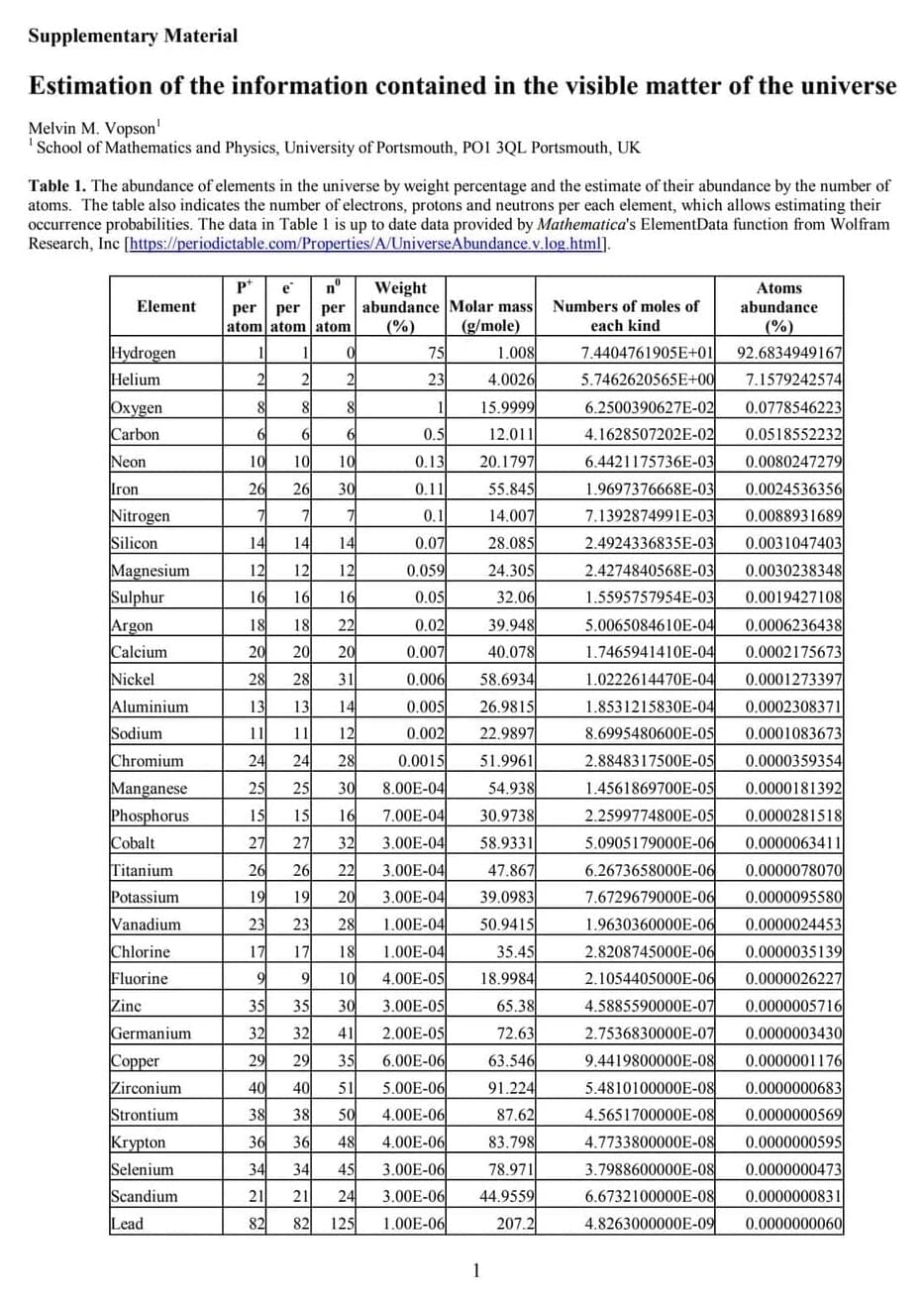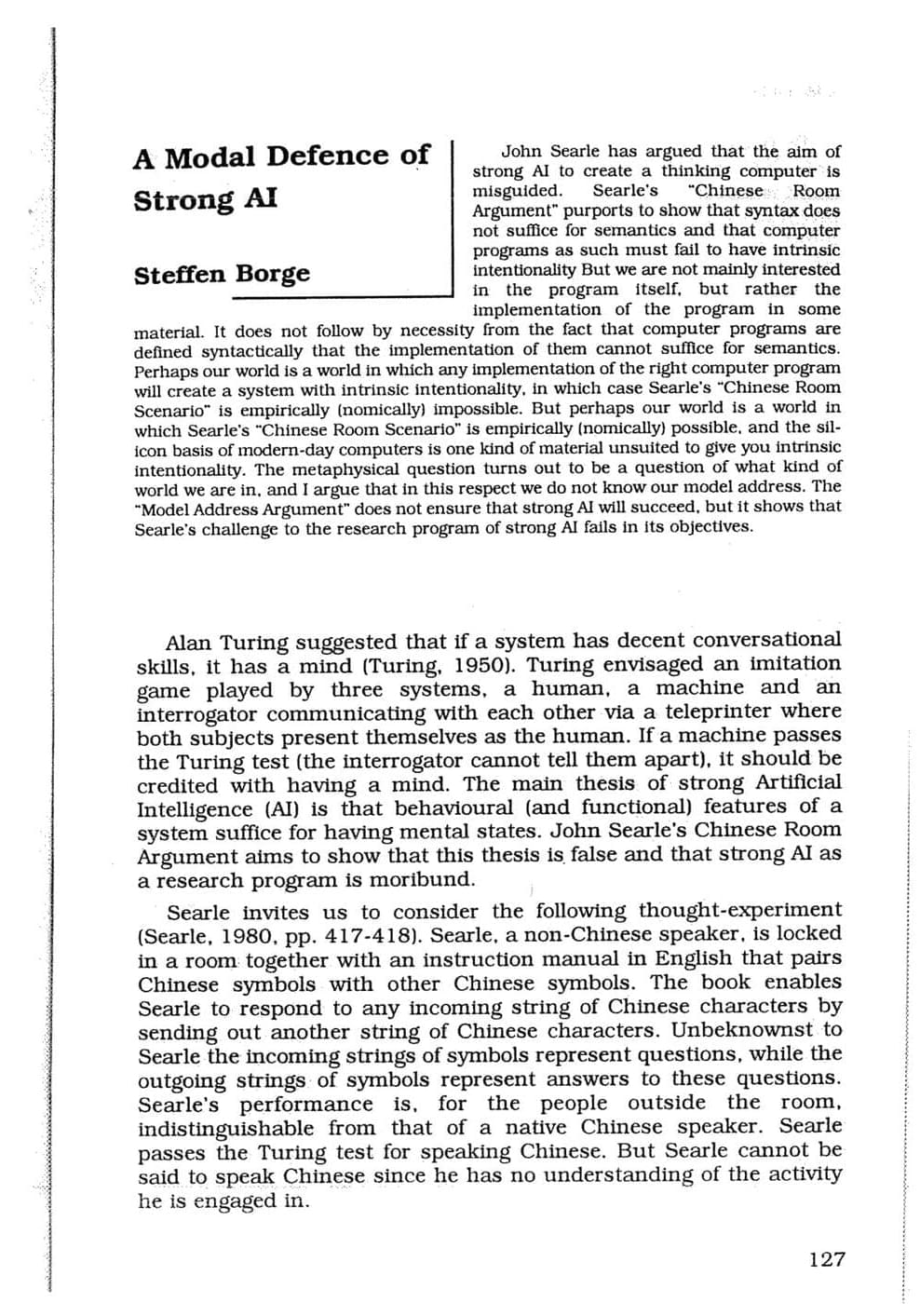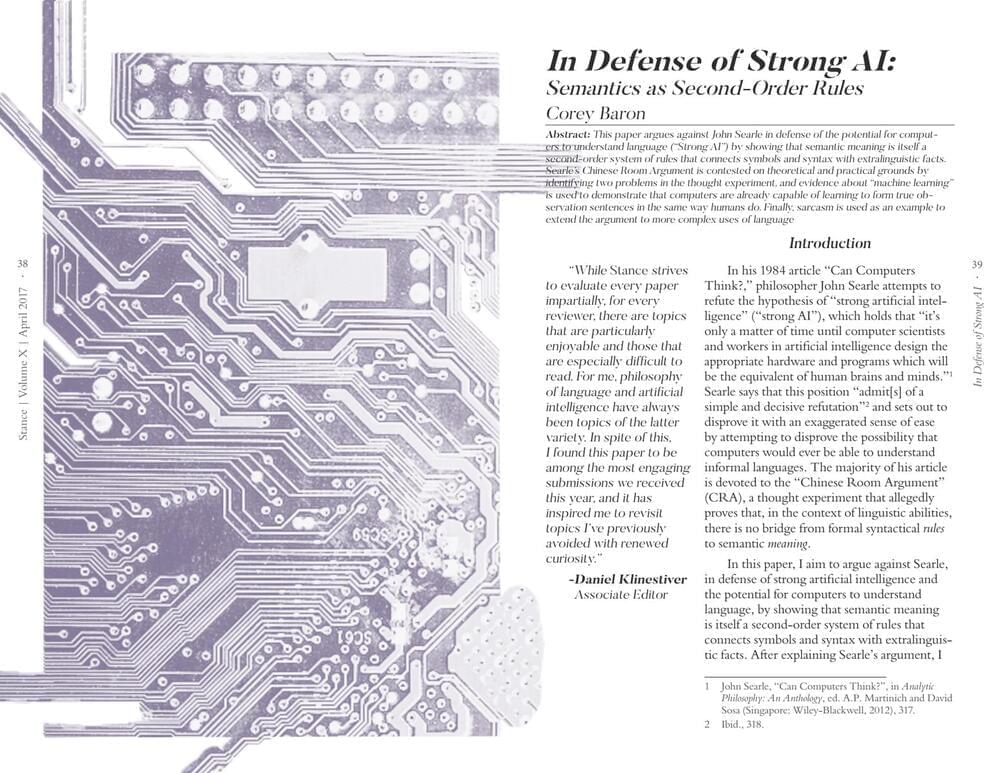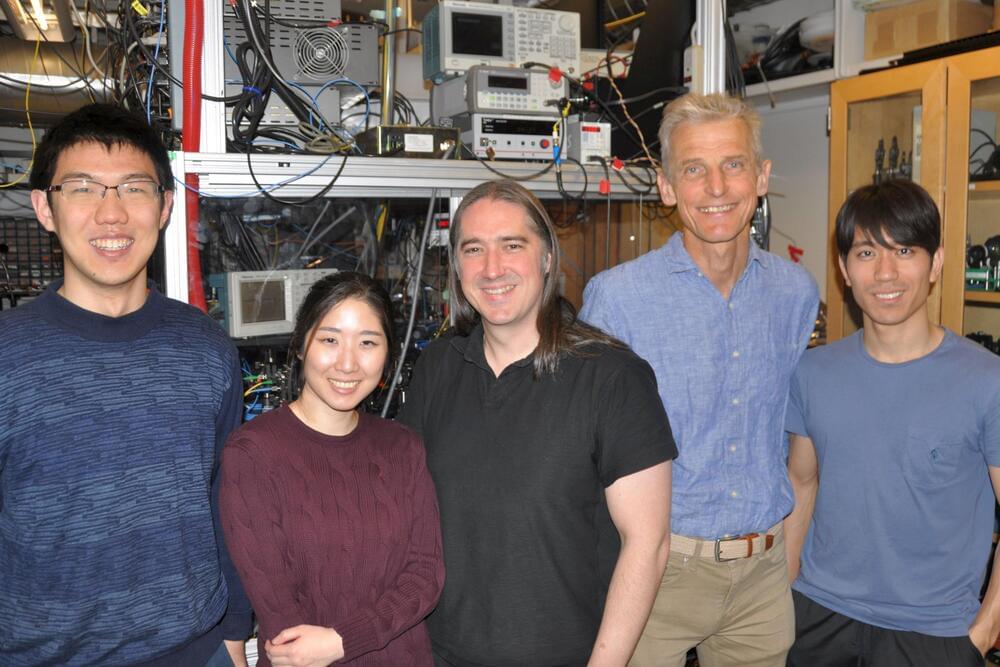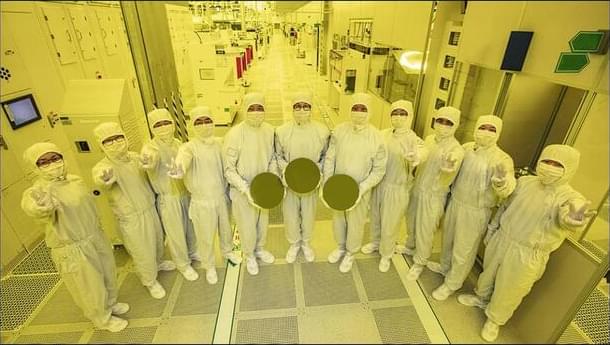Apr 2, 2024
Is 150 years really as long as we can ever live?
Posted by Shubham Ghosh Roy in category: life extension
While most of us can expect to live to around 80, some people defy expectations and live to be over 100. In places such as Okinawa, Japan and Sardinia, Italy, there are many centenarians.
The oldest person in history – a French woman named Jeanne Calment – lived to 122. When she was born in 1,875, the average life expectancy was roughly 43.
But just how long could a human actually live? It’s a question people have been asking for centuries. While average life expectancy (the number of years a person can expect to live) is relatively easy to calculate, maximum lifespan estimates (the greatest age a human could possibly reach) are much harder to make. Previous studies have placed this limit close to 140 years of age. But a more recent study proposes that the limit to human lifespan is closer to 150.

